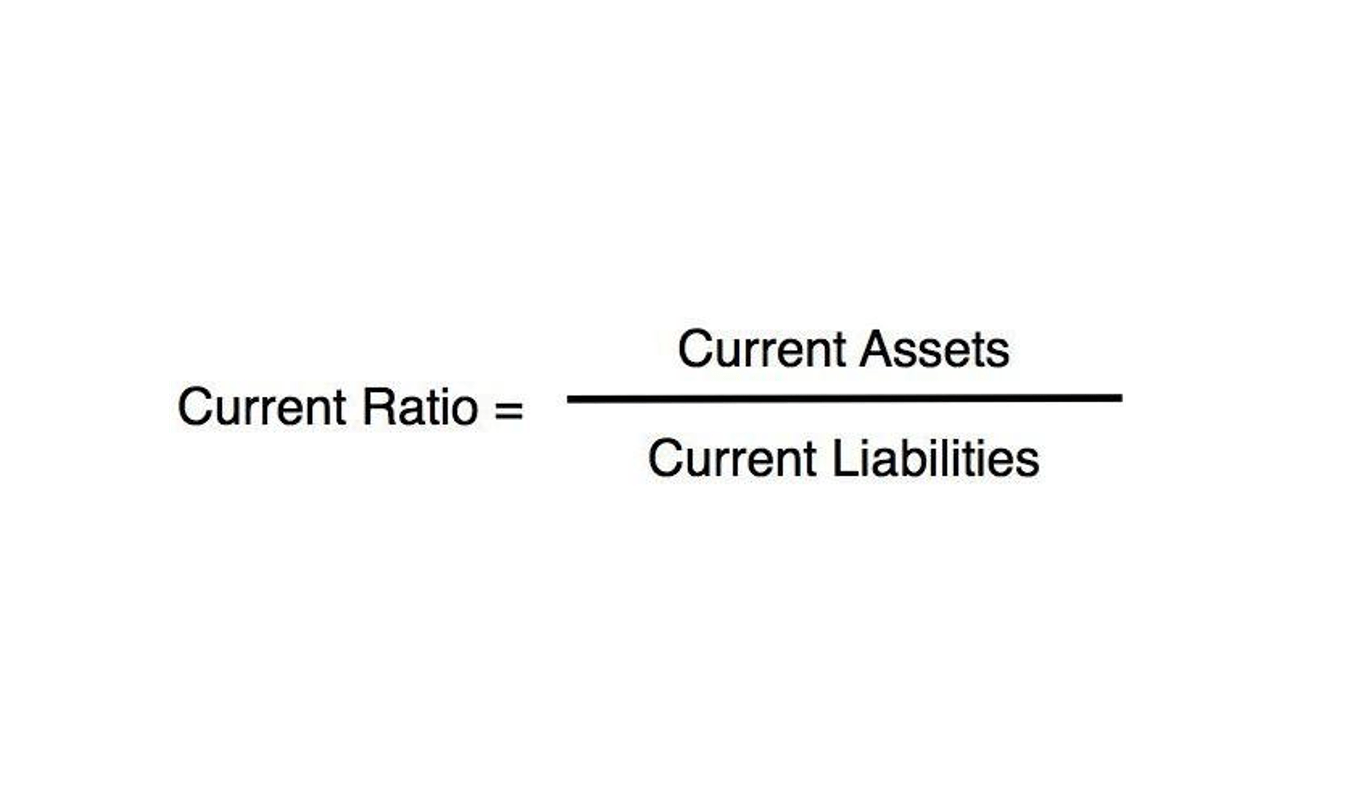
Expert insights and tips on accounting, financial strategies, and industry trends. Keeping accurate expense records helps with budgeting, forecasting, and tax deductions. Before posting entries to the ledgers, transactions are first recorded in journals, such as the sales journal, cash receipts journal, and purchases journal.

Relying on Outdated Accounting Systems
The cash basis accounting method is similar to the accrual accounting method, only receivables and billables are logged upon payment, not receival. The majority of physician-owned medical practices prefer this method, as it provides the most current report on your business. For this method, it’s very important to prepare for large quarterly when performing bookkeeping procedures for a medical office, it is important to expenses.
- Thus, you’ll also need a way to effectively communicate with your suppliers, ensuring that you are able to order all the parts and pieces you need to make your goods.
- The medical office assistant at a doctor’s office or medical practice may be responsible for the bookkeeping including accounts receivable and accounts payable.
- The medical office assistant may answer the phone, schedule appointments, process mail, process insurance, write correspondence and manage medical files.
- Below are some top tools used in healthcare settings, including both general-purpose accounting platforms and healthcare-specific systems.
- Implementing organized bookkeeping systems and financial best practices is always important for medical clinics to operate profitably and compliantly.
- Although they may be busy doing multiple tasks, staff members can get into trouble can if they underestimate their role in the accounting process.
Managing Money Flow
However, effective bookkeeping is vital for the financial health of medical practices. Investing in reliable accounting software tailored for medical practices can streamline many of your bookkeeping tasks. Make sure it’s HIPAA compliant and has features suited for handling medical records and billing. Software like QuickBooks, Xero, or specialized medical billing software can automate routine processes such as invoicing, payroll, and expense tracking. Automation reduces the chances of human error, ensures accuracy, and saves significant time. An integrated software solution can also provide comprehensive financial reporting, helping you gain insights into your practice’s financial performance.
Bookkeeping for Medical Practices: 5 Tips for Success

Being proactive in understanding and applying these changes can prevent payment delays, claim denials, and potential legal complications. Adopting the bookkeeping best practices outlined here will establish the rigorous yet streamlined protocols essential to your clinic’s continued growth and profitability. Bookkeeping refers to the systematic recording of all financial transactions that occur within a business. This includes recording sales, following up on outstanding accounts, tracking expenses, Travel Agency Accounting paying bills, managing payroll, and generating financial statements.
- For efficient Bookkeeping for Medical Practices, you must update your financial records frequently—ideally daily or weekly.
- Critically, it enables your practice to meet stringent healthcare regulations.
- Regular training sessions and updates can keep everyone on the same page.
- With Bookkeeping, you can expect efficiency, security, and reliability in managing your finances.
- It’s important to familiarize yourself with these medical-specific accounting principles to ensure compliance and accuracy.
- Make sure it’s HIPAA compliant and has features suited for handling medical records and billing.

The income statement, balance sheet, and cash flow statement are essential financial statements generated from accurate, up-to-date books. These statements give you the ability to do in-depth analysis of the business’s profitability, health, and operations. Once you understand these financial and compliance requirements, it becomes easier to see why bookkeeping and accounting play such a critical role for healthcare facilities. If these facilities do not pay attention to their numbers and always know where they stand financially, they won’t be open long enough to actually help their patients.
Focused Efforts on Patient Care
Schedule quarterly or monthly reviews to stay on top of your finances. These reviews provide an opportunity to analyze financial reports, monitor cash flow, and assess overall financial performance. By reviewing key financial statements such as the income statement, balance sheet, and cash flow statement, https://www.bookstime.com/ you can identify trends, detect anomalies, and make informed decisions. Regular reviews also enable you to adjust budgets, plan for future expenses, and ensure that your practice remains financially healthy.
Ensure Accuracy in Medical Billing
General Ledger – contains all the accounts for recording transactions related to a company’s assets, liabilities, owners’ equity, revenue, and expenses. Software can also check that all tax and benefit deductions are correct. If you’re managing a nonprofit health clinic, use fund accounting to track restricted and unrestricted funds separately. Effective Bookkeeping for Medical Practices is the key to financial stability, better decision-making, and long-term growth. By following the tips shared in this article, you can streamline your bookkeeping processes and avoid costly mistakes.
- Bookkeeping refers to the systematic recording of all financial transactions that occur within a business.
- Identifying typical mistakes before they become significant problems saves you time, money, and stress.
- Keeping a well-organized filing system, whether physical or digital, ensures that important documents are easily accessible when needed.
- Mastering medical bookkeeping can seem like a daunting task, but it’s essential for maintaining a healthy financial environment in any medical practice.
- Carefully track accounts payable – bills the practice owes – and accounts receivable – revenue owed to the practice.
Accounting and Bookkeping Staff (Remote)

Technology may be the resource you need to ensure a potentially complex process does not result in missed opportunities or lost revenue. Since bookkeeping and accounting practices are all part of the doctor-patient or provider-patient interaction, these practices can have an indirect impact on patient satisfaction levels. By avoiding these common pitfalls, you can maintain a robust bookkeeping system that supports your medical practice’s overall financial health. For efficient Bookkeeping for Medical Practices, you must update your financial records frequently—ideally daily or weekly.